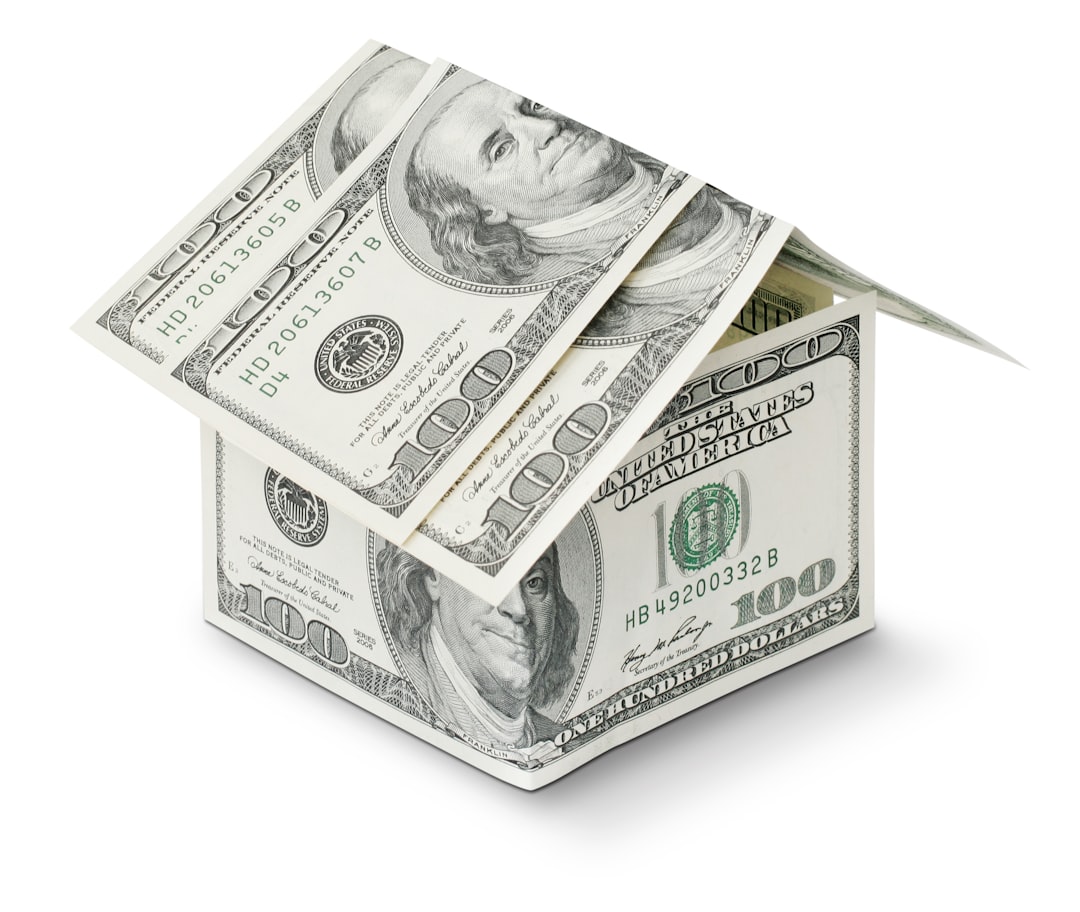Homeowner consolidation loans offer a strategic way to manage high-interest credit card debt by bundling multiple debts into a single loan with lower rates, using home equity as collateral. These loans simplify repayment, reduce interest expenses, and free up cash flow for those looking to improve financial health and credit scores. Before applying, assess your financial situation, considering fixed or adjustable rates, and evaluate strategies like negotiating with creditors, balance transfers, budgeting, and cutting expenses to lower monthly payments. After consolidation, focus on maintaining stability, saving for emergencies, reviewing spending plans, setting financial goals, and leveraging loans for long-term financial health.
Struggling with multiple credit card payments? Consider homeowner consolidation loans as a strategic solution. This article guides you through understanding and leveraging these loans to reduce monthly outgoings. We’ll explore the benefits of consolidating high-interest debts, help choose the right loan type tailored for homeowners, offer effective strategies to lower payments, and provide insights into building a robust financial plan post-debt consolidation.
- Understanding Credit Card Debt Consolidation Loans for Homeowners
- Benefits of Consolidating High-Interest Credit Card Debts
- Choosing the Right Type of Homeowner Consolidation Loan
- Strategies to Lower Monthly Payments Effectively
- Building a Solid Financial Plan After Debt Consolidation
Understanding Credit Card Debt Consolidation Loans for Homeowners

Credit card debt consolidation loans for homeowners offer a strategic way to manage and reduce credit card debt. These specialized loans allow property owners to bundle their multiple high-interest credit card debts into a single, more manageable loan with a lower interest rate. Homeowner consolidation loans often use the equity in the borrower’s home as collateral, providing lenders with a security net that can result in more favorable terms for the homeowner.
This type of loan is particularly beneficial for homeowners who have accumulated significant debt across multiple cards and are struggling to keep up with monthly payments. By consolidating their debts, homeowners can simplify repayment, reduce overall interest expenses, and potentially free up extra cash each month. This can be especially valuable for those looking to improve their financial health and credit score while enjoying the convenience of a single, streamlined payment.
Benefits of Consolidating High-Interest Credit Card Debts

Consolidating high-interest credit card debts can significantly ease financial burdens, offering a clear path to debt reduction and improved cash flow management for homeowners. One of the primary benefits lies in lowering overall interest rates, as homeowner consolidation loans are designed to provide more favorable terms compared to individual credit cards. By bundling multiple high-interest debts into a single loan with a lower interest rate, borrowers can save substantial amounts on interest payments over time.
This strategy streamlines repayment processes and simplifies financial management. Instead of juggling multiple credit card bills with varying due dates and rates, homeowners can focus on making consistent payments towards one consolidated loan. This simplicity not only reduces stress but also helps in building a better credit profile as timely repayments contribute positively to credit scores, further enhancing future borrowing capabilities.
Choosing the Right Type of Homeowner Consolidation Loan

When considering credit card debt consolidation, one of the most common options is a homeowner consolidation loan. These loans are particularly appealing as they offer lower interest rates compared to credit cards, allowing for faster repayment. Before applying, it’s crucial to understand your financial situation and choose the right type of loan. Factors to consider include loan terms, interest rates, and any associated fees.
Homeowner consolidation loans typically fall into two categories: fixed-rate and adjustable-rate. A fixed-rate loan offers a consistent monthly payment over the life of the loan, providing budget predictability. Adjustable-rate loans, on the other hand, have an initial lower rate that can adjust periodically, potentially saving money in the short term but carrying risks if rates rise significantly. Evaluating your ability to handle potential interest rate changes is essential before selecting an adjustable-rate option.
Strategies to Lower Monthly Payments Effectively

Lowering monthly payments on credit card debt is a smart financial move, and one effective strategy is to explore homeowner consolidation loans. These loans allow homeowners to tap into the equity built up in their properties, providing access to substantial funds for debt repayment. By consolidating credit card debt with a lower-interest homeowner loan, you can significantly reduce monthly outgoings. This approach not only simplifies your payments but also saves on interest charges over time.
Another strategy involves negotiating with creditors or applying for balance transfers to cards with lower rates. Homeowner consolidation loans offer the advantage of fixed interest rates, ensuring predictable payments. Additionally, building a budget and adhering to it is vital. Cutting unnecessary expenses and allocating savings towards debt repayment can accelerate your progress in reducing monthly credit card payments.
Building a Solid Financial Plan After Debt Consolidation

After successfully consolidating your credit card debt through a homeowner consolidation loan, the real work begins—maintaining financial stability and avoiding future debt accumulation. Building a solid financial plan is crucial in this phase. Start by creating a detailed budget that accounts for all your expenses, including mortgage payments, utilities, groceries, and entertainment. This will help you understand your spending patterns and identify areas where you can cut back.
Additionally, focus on increasing your savings. Aim to save at least 10-15% of your monthly income. This emergency fund will provide a safety net in case of unexpected expenses, preventing the need for additional borrowing. Regularly reviewing and adjusting your budget ensures that you stay on track financially. Consider setting financial goals, such as paying off your loan faster or saving for a down payment on a future home, to keep yourself motivated.
Debt consolidation can be a powerful tool for homeowners looking to reduce their monthly credit card payments. By understanding the benefits of consolidating high-interest debts and choosing the right type of homeowner consolidation loan, you can significantly lower your interest rates and repayment terms. Implementing effective strategies post-consolidation, such as building a solid financial plan, will ensure long-term debt freedom and better manage future finances. Remember, with careful planning and the right approach, consolidating credit card debt is a viable game-changer for many homeowners seeking to regain control of their finances.
